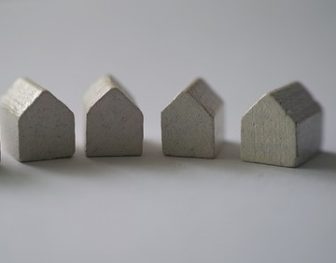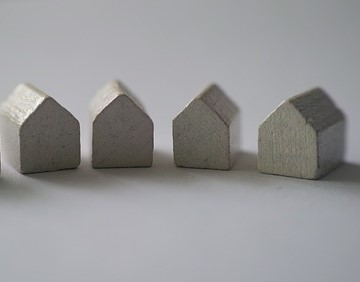 There has been a notable rise in the number of so-called “zombie homes” – properties that sit unoccupied and deteriorating while millions struggle to access affordable housing, new research shows.
There has been a notable rise in the number of so-called “zombie homes” – properties that sit unoccupied and deteriorating while millions struggle to access affordable housing, new research shows.
According to fresh analysis by Open Property Group, there are more than 50,000 long-term vacant homes in England alone with almost half of these lying empty for more than two years.
With an estimated £13.6bn in total capital tied up in long-term vacant housing, London boroughs and northern post-industrial towns have some of the highest concentrations of zombie homes.
Open Property Group says it has seen a 60% increase in enquiries from sellers of neglected or inherited homes in the past 12 months.
The company’s review of official government figures and internal case data estimates that many of the 50,000-plus residential properties across the UK are currently vacant and effectively uninhabitable, locked in probate, legal limbo, or left abandoned by absent owners or investors.
While buyers contend with skyrocketing rents and limited supply, tens of thousands of homes lie idle. This mismatch, according to Open Property Group, reflects a systemic failure in how underused housing stock is tracked, taxed, and reintroduced to the market.
Jason Harris-Cohen, director of Open Property Group, said: “While first-time buyers and renters are being priced out, we’re seeing a silent stockpile of empty homes quietly decaying across the UK. Many are caught in probate delays, legal disputes, or simply ignored by owners who don’t want to deal with maintenance and tax penalties.”
He added:
“These figures are a stark reminder of the inefficiencies in our housing system. With over 50,000 homes sitting vacant, and more than 23,000 empty for over two years – it’s clear that valuable housing stock is being left to deteriorate while demand continues to soar. The £13.6bn in tied-up capital represents both a financial and social loss at a time when affordability is at a breaking point.”
“Reintroducing even a fraction of these homes could ease pressure in the system and provide hope to many looking for somewhere to call home,” he added.



